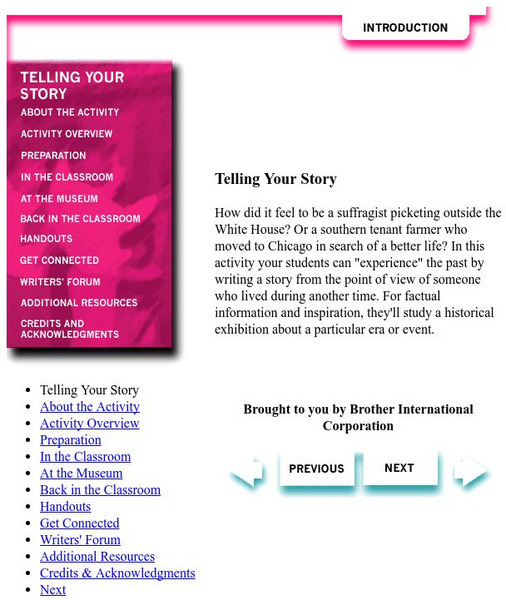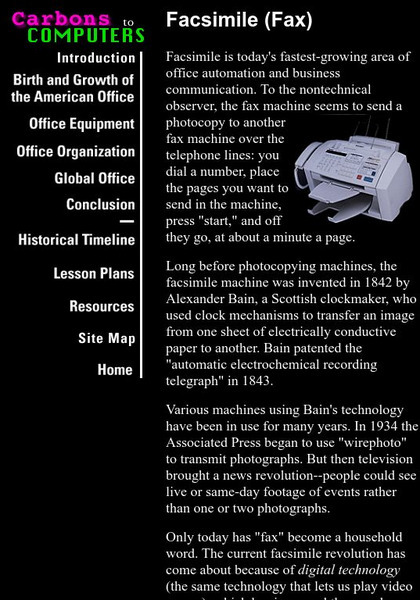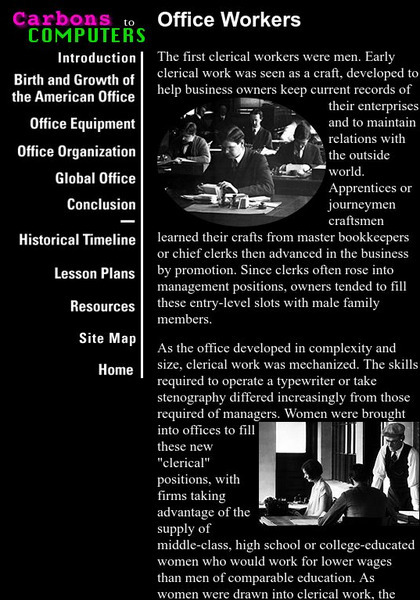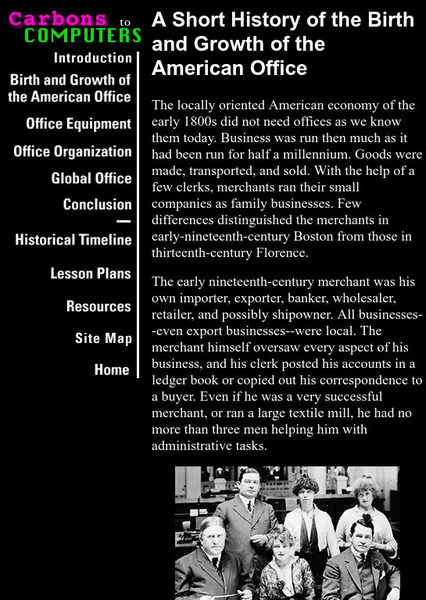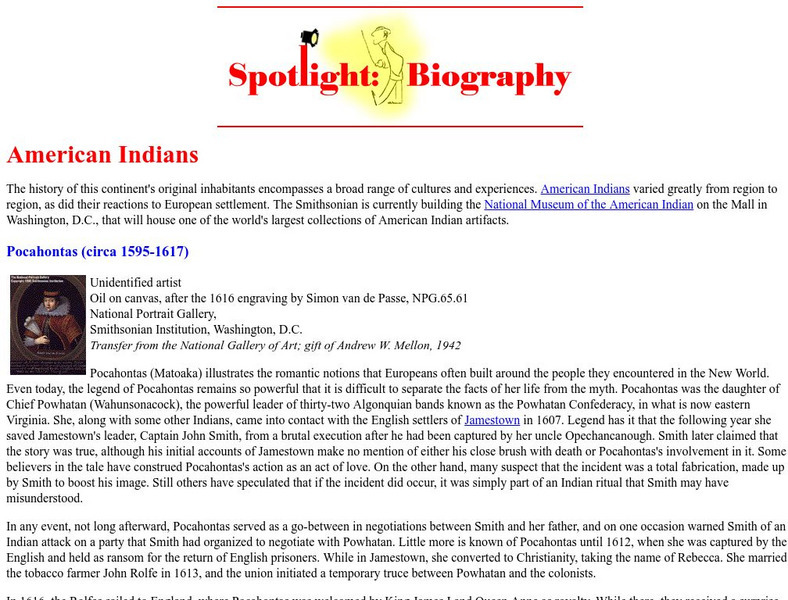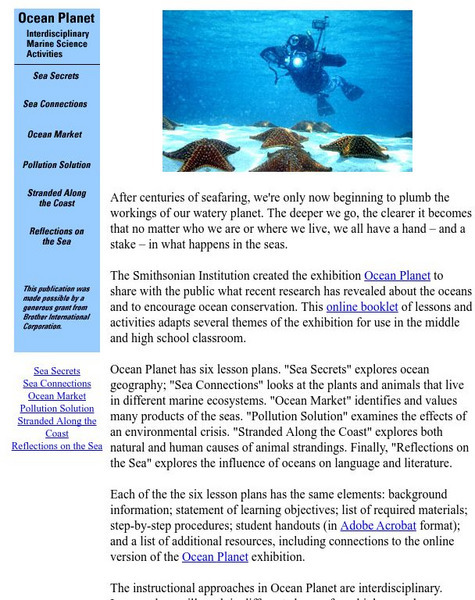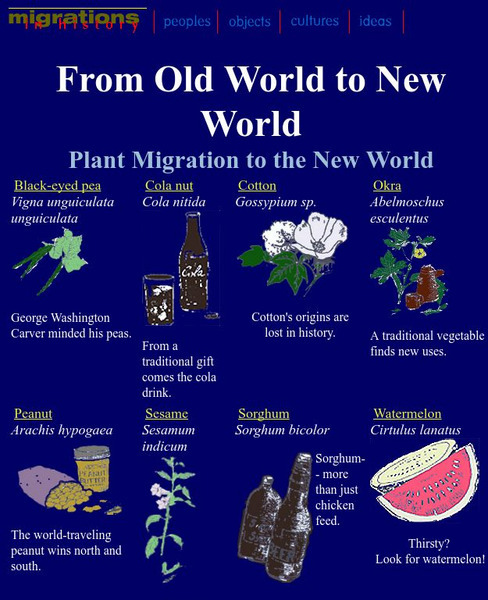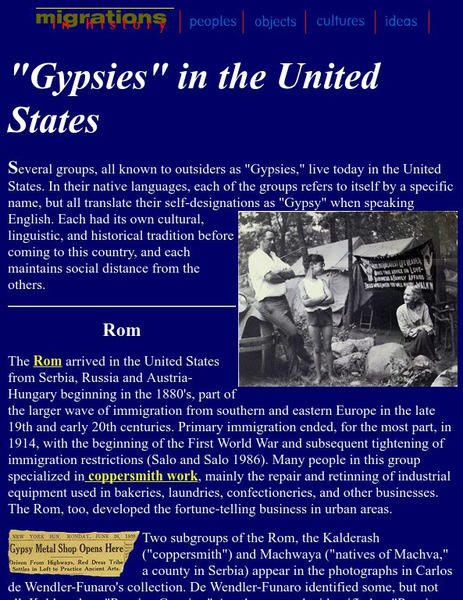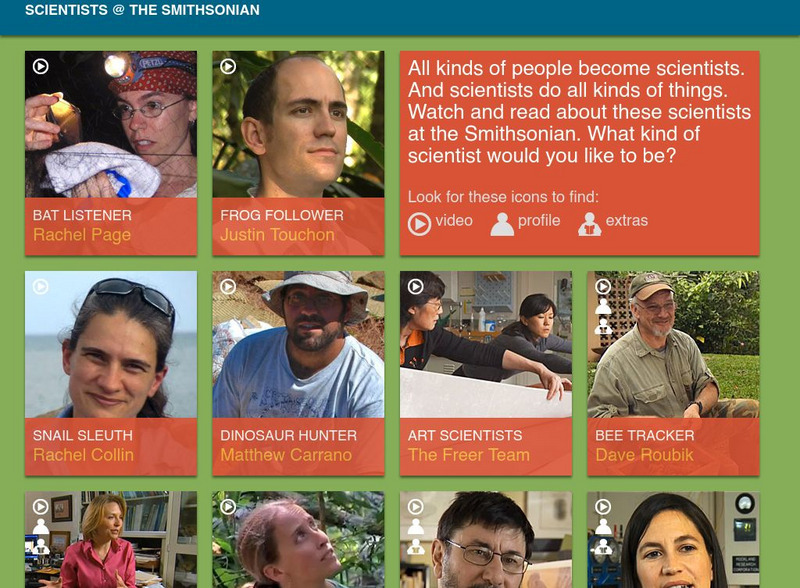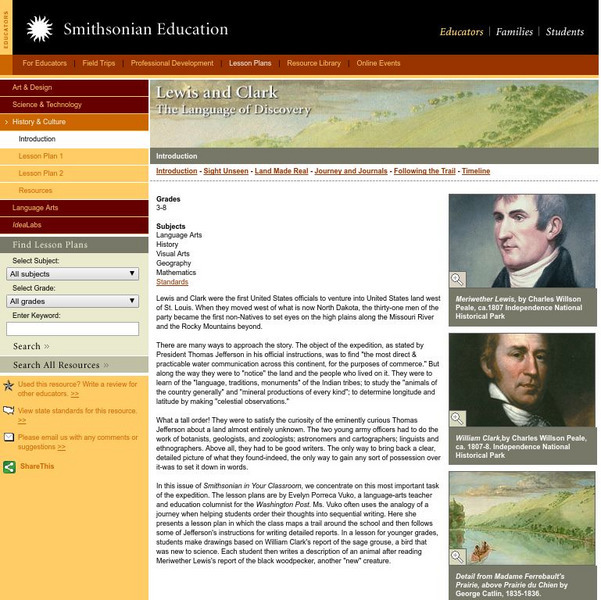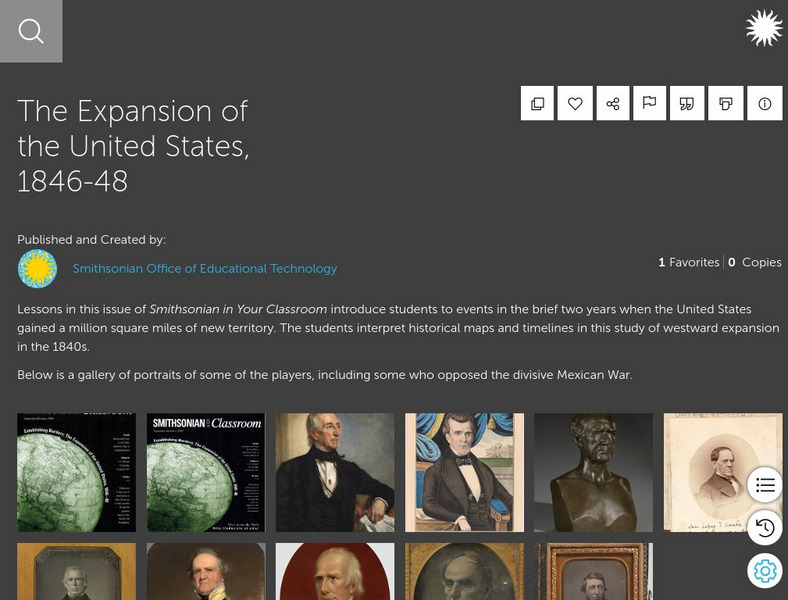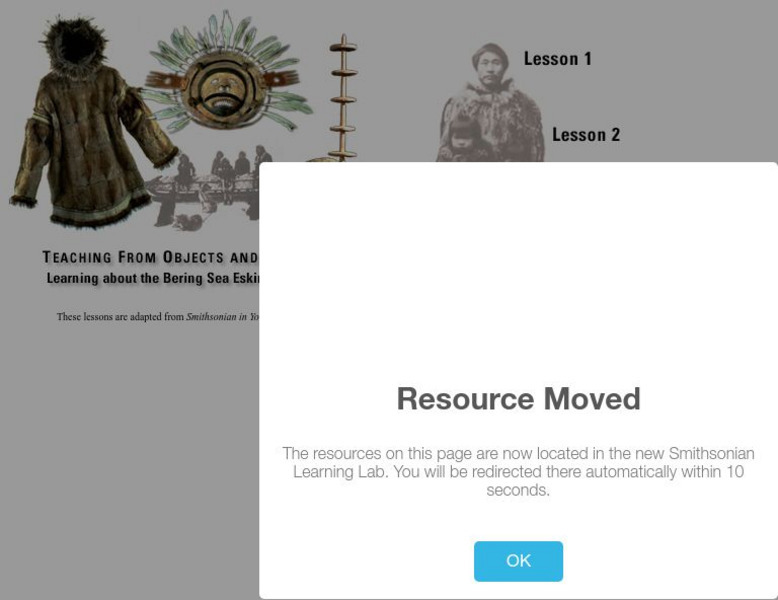Hi, what do you want to do?
Smithsonian Institution
Smithsonian Education: Telling Your Story
A instructional activity in which students gain empathy for people who lived during a historical time period by writing a first-person story with experiences that would have happened during that time.
Smithsonian Institution
Smithsonian Education: Carbons to Computers Fax
The Smithsonian Institution provides the lifeline of the fax machine and of its uses in the business world.
Smithsonian Institution
Smithsonian Education: Spotlight Biography: Labor Reformers
Biographical information on Samuel Gompers, Frances Perkins and Cesar Chavez. All three were inspirations for the labor union movement.
Smithsonian Institution
Smithsonian Education: Office Workers
Briefly describes the shift in offices from male to female clerical workers. Details the progression of women in going from clerical positions to managerial positions.
Smithsonian Institution
Smithsonian Education: Spotlight Biography Modern Dance
Biographies of famous dancers, including Katherine Dunham, dancer and choreographer. Description of dance styles and influences.
Smithsonian Institution
Smithsonian Education: Carbons to Computers
Provides an excellent timeline of the history of the American office. Great pictures, easy to read, and the history is broken into eras for easy researching.
Smithsonian Institution
Smithsonian Education: Office Organization
Provides a look at how companies are organized. Examples include medical and manufacturing industries and small to large size businesses.
Smithsonian Institution
Smithsonian Education: Musical Theater
A short and concise history of musical theater with two early performers and a composer highlighted.
Smithsonian Institution
Smithsonian Education: Spotlight Biography: American Indians: Black Hawk
Scroll down to the portrait of Black Hawk to read a brief biography of this famous Native American chief. From the Smithsonian Institution.
Smithsonian Institution
Smithsonian Education: Migrations in History
This extensive site chronicles the migration of people throughout history. The migration of people, objects, ideas, and cultures are explored and the impact of such moves discussed.
Smithsonian Institution
Smithsonian Education: Ocean Planet
A series of lesson plans designed to be used with the Smithsonian Ocean Planet exhibit (available online). Lesson topics include marine ecosystems, pollution of ocean water, animal strandings, and literature.
Smithsonian Institution
Smithsonian Education: From Old World to New World
Plants have migrated around the world just like people. This site explains how several African plants and food crops made their way into American life.
Smithsonian Institution
Smithsonian Education: "Gypsies" in the United States
This site has many photos from the Carlos de Wendler-Funaro Gypsy Research Collection. The site is an introduction to several groups of people from other countries who refer to themselves as "gypsies" in English. Each group, which has a...
Smithsonian Institution
Smithsonian Education: Borders and Identity
This collection of essays about the United States - Mexico border is useful in studying how living along a border affects people.
Smithsonian Institution
Smithsonian Learning Lab: The Universe, an Introduction
Start with the questions all learners ask: How big is the universe, how far away are the planets and stars, how did they form and when, how do they move and why? Build on their natural curiosity. The Smithsonian, in cooperation with...
Smithsonian Institution
Smithsonian Institution: Scientists at the Smithsonian
This is a collection of video interviews with twenty Smithsonian scientists who work in a scientific areas as vastly different as measuring the moon and figuring out what kinds of birds collide with aircraft. An interesting way to...
Smithsonian Institution
Smithsonian Education: United States Mexico Borderlands
This is a great site that talks about changes in the U.S.-Mexico border. It also discusses the meaning of the border, the people that live there, and border regions. Click "next" at the bottom of the page for more information on the...
Smithsonian Institution
Smithsonian Learning Lab: Revolutionary Money
A two-lesson plan unit using the Smithsonian collection of currency to teach learners about the first American money. Other resources are given and all materials are downloadable.
Smithsonian Institution
Smithsonian Education: Lewis and Clark: The Language of Discovery
Lewis and Clark discovered many new animals and plants, and they mapped areas unknown. Young students will draw pictures of some of the discovered animals and write about them; older students will mimic the mapping expedition around...
Smithsonian Institution
Smithsonian Learning Lab: The Expansion of the United States, 1846 48
This online lesson plan shows students through primary sources how the borders of the U.S. changed in just a few years. They are asked to analyze maps and use map skills. All maps and worksheets are included as well as additional resources.
Smithsonian Institution
Smithsonian Learning Lab: Japan: Images of a People
Students learn to view Japanese paintings, they make a screen, and they learn about the culture of Japan. There are three lesson plans and all allow all needed materials to be downloaded.
Smithsonian Institution
Smithsonian Education: Teaching From Objects and Stories: Eskimo People
The object of these three lesson plans is for the students to use objects and stories to learn about the Eskimo people of the Bering Strait. All worksheets and materials are included. Students will solve historical problems, using...
Smithsonian Institution
Smithsonian: Shape Note Singing [Pdf]
An essay and lesson plan on traditional American shape-note choral singing.
Smithsonian Institution
Smithsonian Learning Lab: Making Friends With Franklin
This site is an introduction plus a series of three lesson plans that explore Franklin's portraits plus aspects of his work in science and writing.





